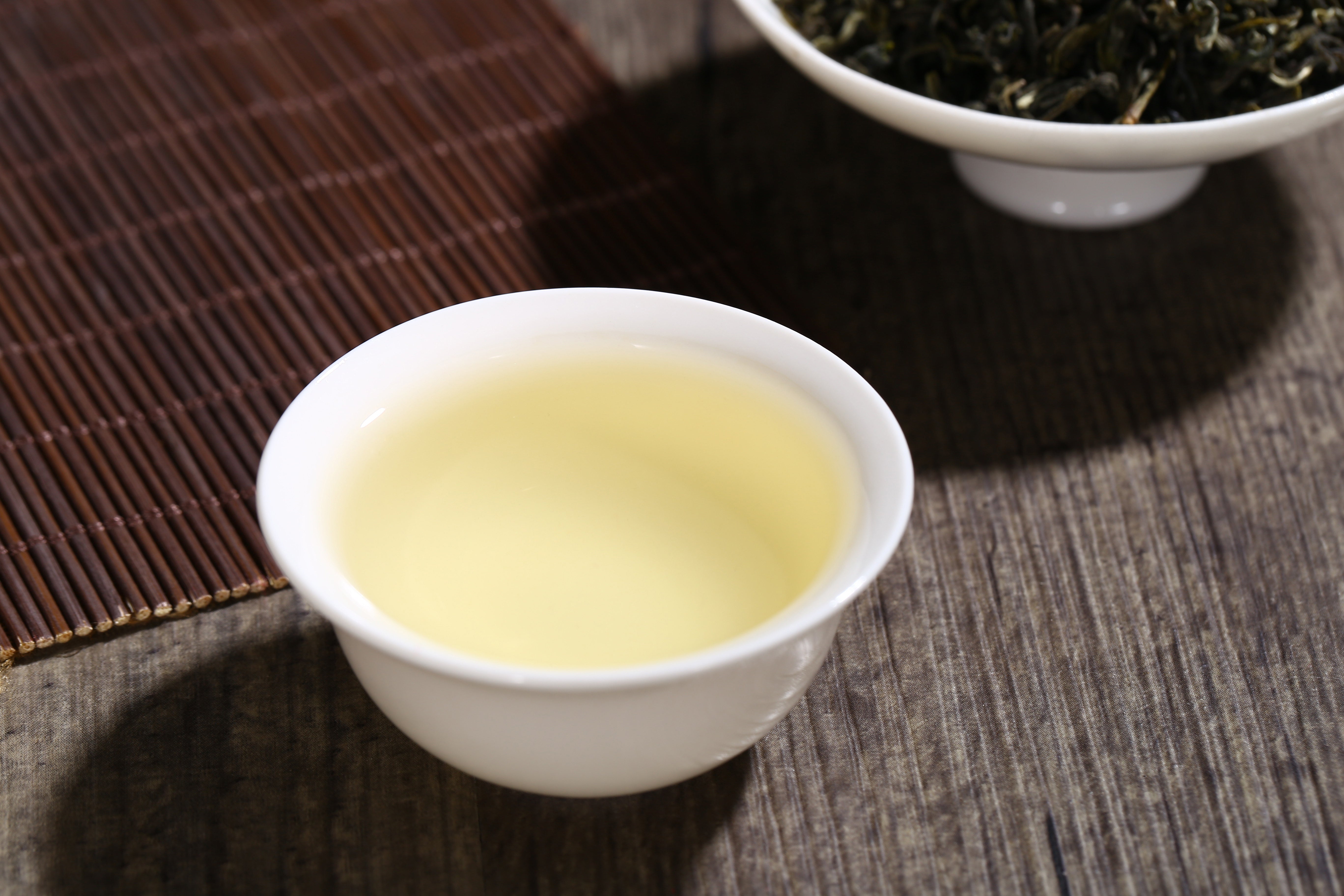Does Chinese Tea Have Caffeine? A Tea Sommelier's Insight

Does Chinese Black Tea Have Less Caffeine Than Indian Black Tea?
A common question that arises among tea enthusiasts is whether Chinese black tea contains less caffeine than its Indian counterpart. The answer, in short, is yes. This difference in caffeine content stems from the distinct tea varietals used in their production. Chinese black teas, primarily crafted from the Camellia sinensis var. sinensis plant, generally possess lower caffeine levels. Indian black teas, on the other hand, are predominantly made from the Camellia sinensis var. assamica plant, resulting in a higher caffeine content. This is because the Camellia sinensis var. assamica variety naturally produces more caffeine, a characteristic that has been cultivated over generations of tea production in India.
Is Chinese Tea's Caffeine Content Lower?
While it's true that Chinese black tea generally contains less caffeine than its Indian counterpart, the actual amount can vary based on several factors. Here's a breakdown:
- Tea Varietal: As mentioned, Chinese black tea primarily utilizes the Camellia sinensis var. sinensis plant, while Indian black tea employs Camellia sinensis var. assamica. This difference in plant variety directly impacts caffeine content.
- Growing Conditions: Factors like altitude, climate, and soil composition can influence the caffeine levels in tea leaves.
- Processing Techniques: The way tea is processed, including withering, rolling, oxidation, and drying, can also affect caffeine content.
- Brewing Method: How long you steep your tea and the water temperature used can impact caffeine extraction.
So, while it's a general rule of thumb that Chinese black tea has a lower caffeine content, it's important to understand that there can be significant variations.
Chinese Tea's Caffeine Conundrum
While Chinese black tea contains caffeine, its precise level can vary depending on several factors. The processing methods, including the length of oxidation and the type of leaves used, all play a role. Furthermore, the specific region where the tea is grown can influence its caffeine content.
It's important to note that not all Chinese black teas are created equal when it comes to caffeine.
- Keemun black tea, known for its fruity and floral notes, is often perceived as having a moderate caffeine content.
- Lapsang Souchong, a smoky black tea, can have a slightly higher caffeine content than other Chinese black teas due to its unique processing technique that involves smoking the leaves over pinewood.
| Tea Type | Caffeine Content | Notes |
|---|---|---|
| Keemun black tea | Moderate | Known for its fruity and floral notes. |
| Lapsang Souchong | Slightly higher | Smoky black tea with unique processing involving smoking leaves over pinewood. |
Chinese Tea: Demystifying the Caffeine Content
While the caffeine content of Chinese black tea is generally lower than Indian black teas, it's important to remember that caffeine levels can vary within each category. Factors like tea varietal, growing conditions, processing methods, and steeping time can influence caffeine levels.
Therefore, even within the realm of Chinese black tea, the caffeine content can fluctuate. For example, a robust, fully oxidized black tea like Lapsang Souchong might have a higher caffeine content compared to a more delicate and less oxidized black tea like Keemun.
Ultimately, the best way to determine the caffeine content of a particular tea is to consult the specific tea producer's information or to contact a tea sommelier or expert. They can provide you with a more precise estimate based on the tea's origin, processing, and other factors.
Does Chinese tea have caffeine in it? Conclusion
So, does Chinese tea have caffeine in it? The answer is yes, but the amount can vary. While Chinese black teas generally contain less caffeine than their Indian counterparts, specific factors like the tea varietal, growing conditions, processing methods, and steeping time can significantly influence the final caffeine content.
Ultimately, if you're particularly sensitive to caffeine, it's always a good idea to err on the side of caution and enjoy your Chinese tea in moderation. If you're unsure about the caffeine content of a specific tea, it's always best to consult the tea producer's information or contact a tea sommelier for guidance.
Does Chinese tea have caffeine in it? Quick FAQ
How much caffeine is in Chinese black tea?
The caffeine content of Chinese black tea can vary, but it's generally considered lower than Indian black teas. Factors like tea varietal, growing conditions, processing methods, and brewing time all influence caffeine levels.
Is Chinese green tea lower in caffeine than black tea?
Yes, Chinese green tea typically has lower caffeine content than black tea. This is because green tea undergoes less oxidation during processing, which preserves more of the tea's natural caffeine content.
Does Chinese tea have caffeine even if it's decaffeinated?
Even decaffeinated Chinese tea will contain some trace amounts of caffeine. However, the levels are significantly reduced through the decaffeination process.
-
Posted in
Health
